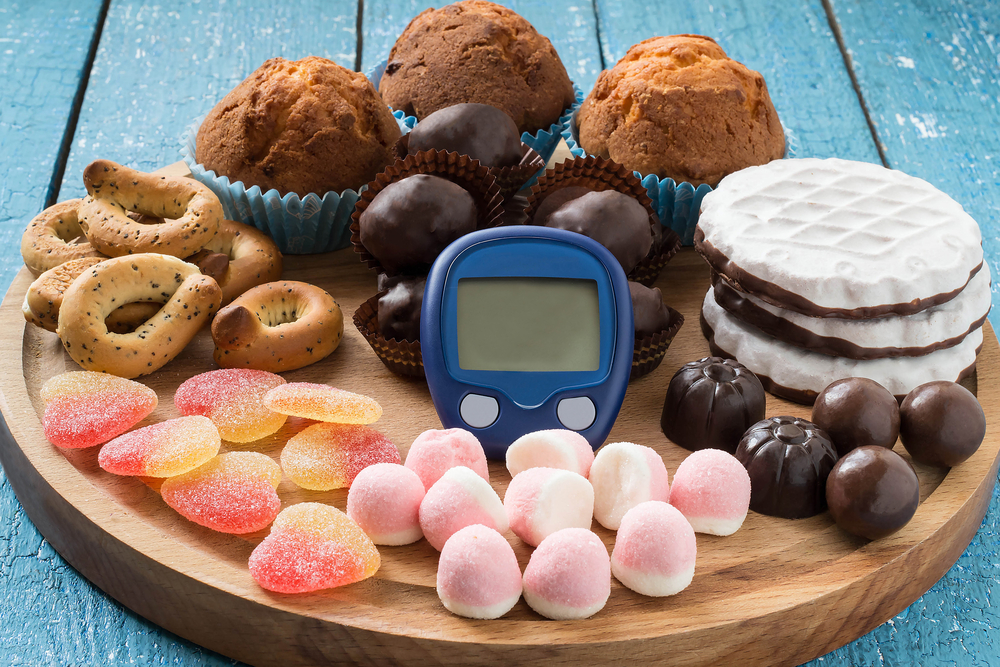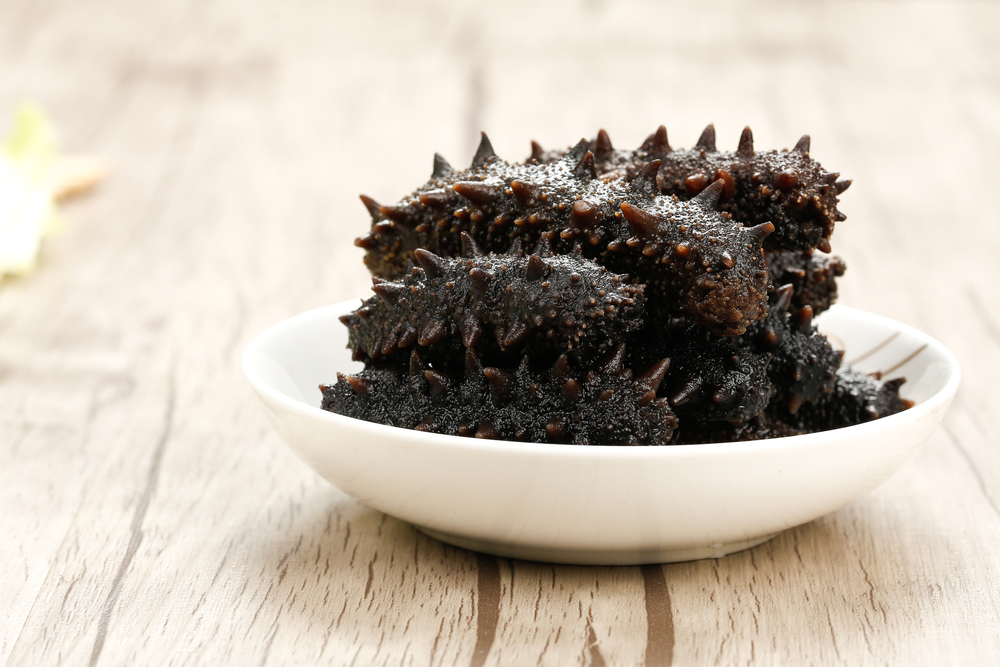Contents:
- Medical Video: What Sugar Does to Your Brain & Body: The Truth About Sugar
- Is it true that sweet foods trigger depression and other mental health?
- Sweet foods and depression
- Sweet foods can make you dependent
- Sweet foods trigger depression and excessive anxiety
- Sugar can interfere with one's learning and memory abilities
Medical Video: What Sugar Does to Your Brain & Body: The Truth About Sugar
Most people know that eating sweets can lead to health problems such as obesity and diabetes. However, in 2002, a study by a team of experts from Baylor College in the United States (US) found that consumption of high processed sugars such as granulated sugar, corn syrup, honey, sugar cane extract, or maple syrup were closely related to several types mental disorders, such as depression.
The rest, other studies produce the same conclusion. Is it true that eating sweet foods triggers depression in someone? How can it be? Come on, look at the facts below.
Is it true that sweet foods trigger depression and other mental health?
Sweet foods and depression
When you eat sweet foods that contain sugar, it is also accompanied by an increase in blood sugar levels. Well, an increase in a person's blood sugar levels seems to affect moodor mood.
Research says that sweet foods can reduce the activity of the hormone BDNF (Brain Derived Neurothropic Factor) is low. Because the hormone BDNF this low is often found in people who are depressed and people who have schizophrenia.
Sugar is also a source of body problems that can cause chronic inflammation. Not infrequently, it can finally have an impact on the immune system, brain, and other systems in the body. Moreover, it was found that countries with high sugar consumption also had high levels of depression.
Sweet foods can make you dependent
Even though it is still a debate, more research evidence suggests that people who like to eat and drink sweets can become more addicted to sugar. Research from Yale University in 2007 conducted research with a mouse. Mice that were given fat and sugar products for a period of time, showed symptoms of classic addiction such as the human brain addicted to cocaine. The rat also felt anxious and sick when not given enough sugar intake.
Sweet foods trigger depression and excessive anxiety
The Standard American Diet says, if sweet and full of sugar can make a person suffer from a panic attack. In addition, lettuce sugar can make a person's vision become blurred, difficult to think and easily tired. If the impact is associated with a panic attack, it could be interpreted as a sign of a panic attack that could have an impact on excessive worry and fear.
This was also reinforced by a 2008 study that tested mice. These mice were tested to find a relationship between sugar and anxiety levels. Mice given sucrose had higher anxiety than mice that were only given honey. While other mice that limit sugar intake also change because it can reduce and minimize stress.
Research has established a relationship between sugar intake and anxiety. In a 2008 study, rats given to sugar and then fasting showed anxiety and in 2009, rats fed sucrose compared with high antioxidant honey were more likely to experience anxiety. While dietary changes cannot cure anxiety, they can minimize symptoms, increase energy, and increase the body's ability to deal with stress.
Sugar can interfere with one's learning and memory abilities
Research from the University of California Los Angeles in the US also examined mice that consumed fructose solution for six weeks. As a result, the rat instead forgot the way back to the nest. Whereas mice fed nutritious foods, including omega-3s, can even memorize and find their way back to the nest faster.
From the results of the experiment, it was concluded that reducing sugar intake can encourage stronger inter-brain cell communication to encourage sharper learning and memory formation.













